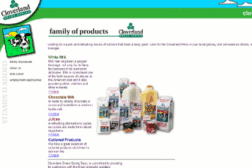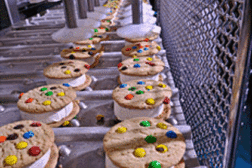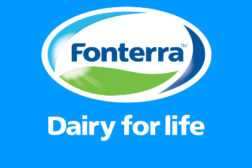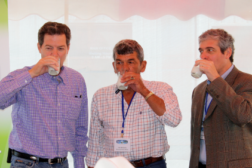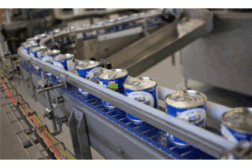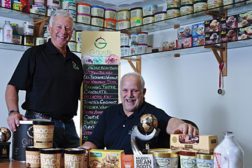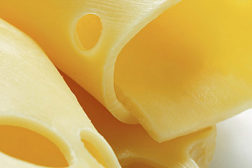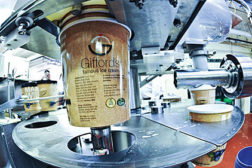Processing
Dairy prcessors
Winner selected in dairy processing Plant of the Year program
July 12, 2012
Farmers and Processors
Cheers! Dannon, McCarty Farms toast their processor-producer marriage
June 14, 2012
Gifford's famous ice cream is made in Maine
The Maine ice cream processor focuses on flavors, distribution, customer service and employee relations. Those factors add up to a successful and growing business.
May 15, 2012
Research shows how to reduce sodium in cheese
Public health concerns over hypertension have cheesemakers looking to reduce sodium. Research has found that a little dairy in a DASH diet reduces the risk of high blood pressure.
May 15, 2012
Gifford's makes ice cream with family recipes, vintage equipment
Gifford’s makes the world’s best chocolate ice cream using old-fashioned recipes and equipment at its little plant in Skowhegan.
May 15, 2012
Formulating ice cream with prebiotics, probiotics
Processors can introduce these healthy bacteria into frozen desserts by using syrups, sauces and inclusions.
May 14, 2012
Stay ahead of the curve. Unlock a dose of cutting-edge insights.
Receive our premium content directly to your inbox.
SIGN-UP TODAYCopyright ©2024. All Rights Reserved BNP Media.
Design, CMS, Hosting & Web Development :: ePublishing
